Fall Lawn Fertilization Benefits
Fall is considered an optimal time for lawn nourishment because it allows grass to recover from summer stress and build strong roots before winter. Proper fall fertilization enhances turf health, promotes vigorous growth, and improves resilience against pests and diseases. Applying nutrients in this period can lead to a greener, thicker lawn in the following season.
Late September to early November is ideal for fall lawn nourishment, depending on regional climate and grass type.
Supports root development, improves nutrient uptake, and prepares the lawn for winter dormancy.
Pale color, thin grass, or slow growth may indicate a need for additional nutrients.
Slow-release fertilizers with high potassium content are recommended for fall application.
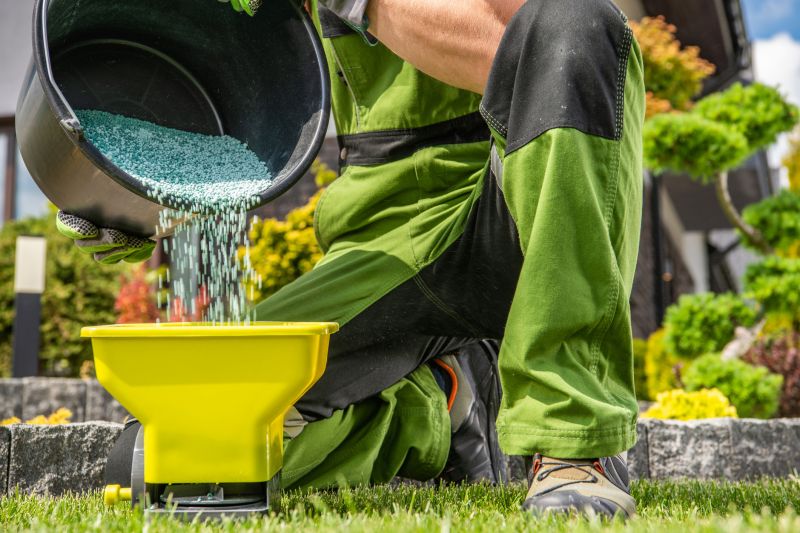
Ways to make Fall Lawn Nourishments work in tight or awkward layouts.
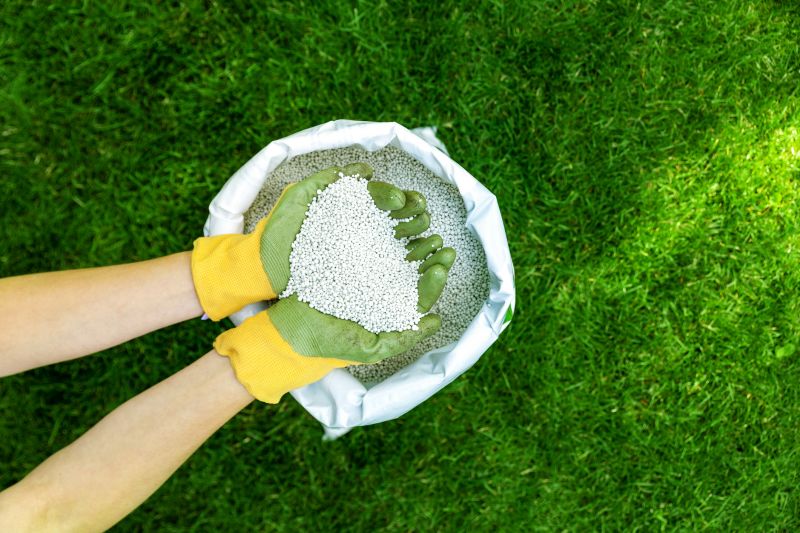
Popular materials for Fall Lawn Nourishments and why they hold up over time.
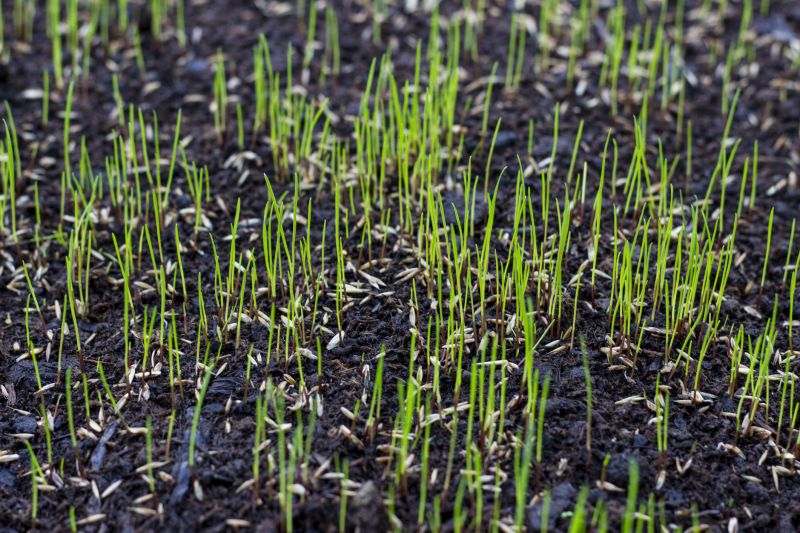
Simple add-ons that improve Fall Lawn Nourishments without blowing the budget.
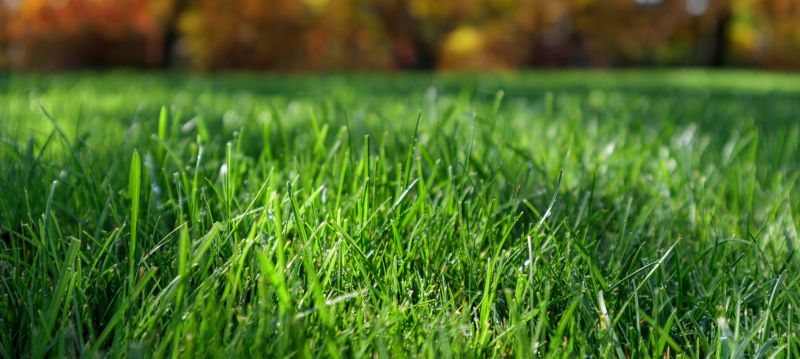
High-end options that actually feel worth it for Fall Lawn Nourishments.
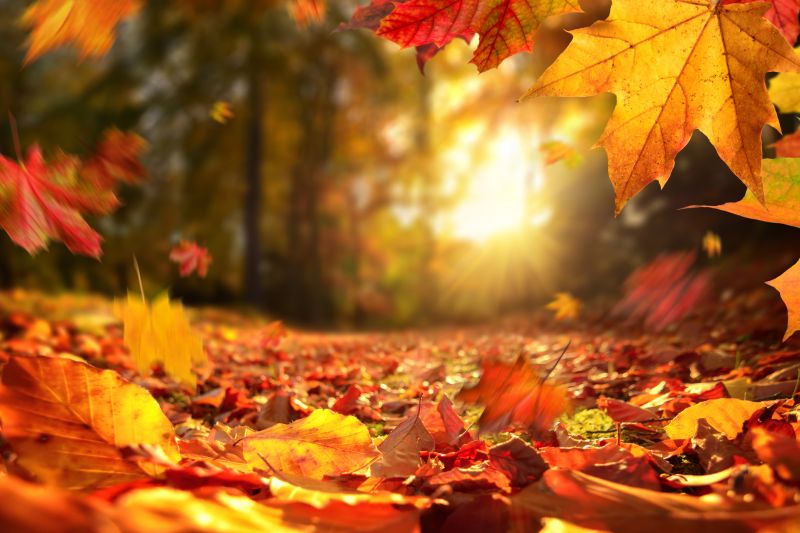
Finishes and colors that play nicely with Fall Lawn Nourishments.
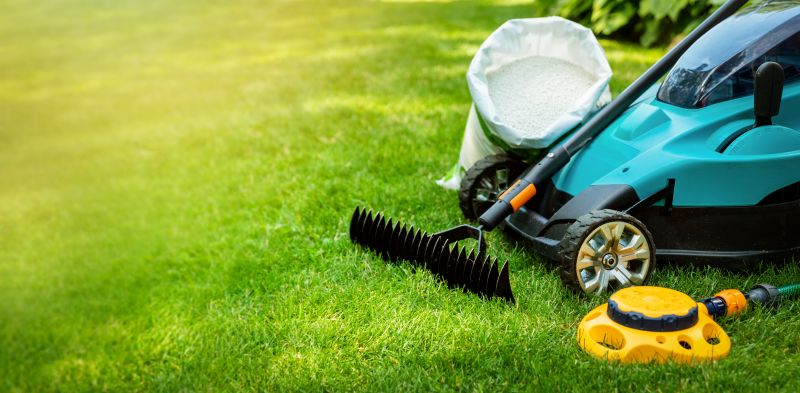
Little measurements that prevent headaches on Fall Lawn Nourishments day.
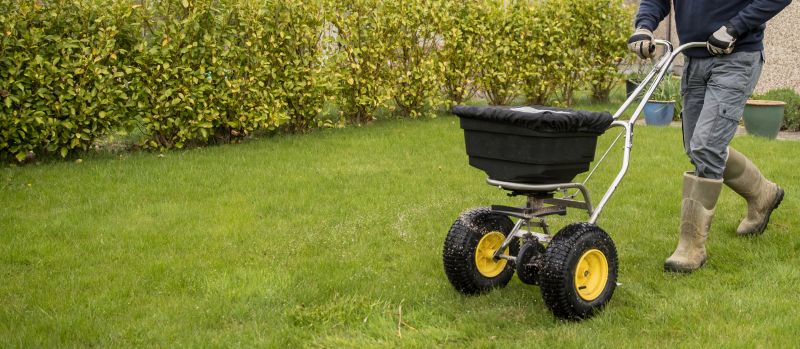
A 60-second routine that keeps Fall Lawn Nourishments looking new.
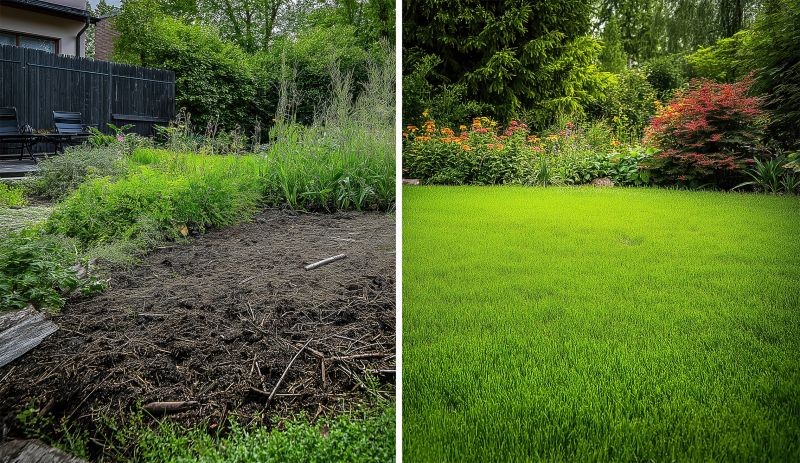
A frequent mistake in Fall Lawn Nourishments and how to dodge it.
| Question | Answer |
|---|---|
| When is the best time for Fall Lawn Nourishments? | Late September to early November, depending on regional climate and grass type. |
| Why is fall a good time for lawn nourishment? | It promotes root growth, improves health, and prepares the lawn for winter. |
| What nutrients are most important in fall fertilizers? | Potassium and nitrogen are key, with an emphasis on potassium for winter hardiness. |
| How often should fall fertilization be done? | Typically once or twice during the fall season. |
| Can fertilization be done before winter? | Yes, when soil conditions are suitable and before the first frost. |
